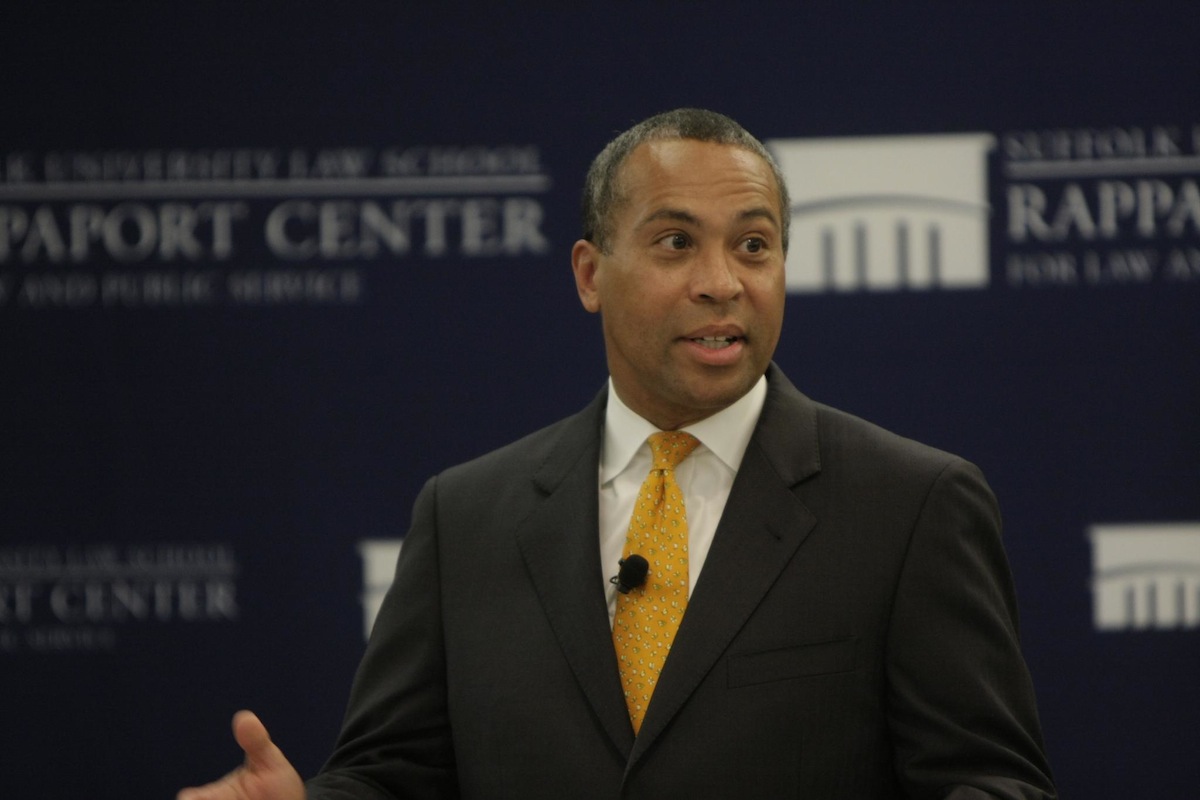Massachusetts Will Not House Children Fleeing Central America [Updated]
Update:
Massachusetts will not need to house unaccompanied immigrant children who have crowded the southern United States border, seeking refuge from their crime-ridden countries in Central America, according to a statement from Governor Deval Patrick.
“I have been deeply moved by the outpouring of support we have seen from across the Commonwealth, as over 1,600 of our neighbors reached out to express their support for children who are alone and thousands of miles from home,” Patrick said in a statement on Tuesday.
The governor commended people for their “great generosity and compassion,” but ultimately said that “it appears that there is not a need for Massachusetts to serve these children at this time.”
“But I am proud of our willingness to do so,” he said.
Patrick had said last month, after federal officials announced that the swell of children coming over the border had become unmanageable, that the state would offer up two possible locations for temporary shelter in Massachusetts. The facilities would have been managed by federal agencies.
The announcement quickly led to protests on the State House steps from people against the proposition. Counter-rallies backing Patrick’s original plan were also scheduled for this week.
Previously:
Citing his continued faith in humanity and strong patriotism, an emotional Governor Deval Patrick said Friday that one of two facilities in Massachusetts could temporarily house up to 1,000 unaccompanied immigrant children who have flooded the Southern United States border in recent months.
In an announcement Friday morning, Patrick said the federal government has reached out to Massachusetts to possibly provide space for a four-month period for children who have fled their countries in Central America and tried to enter the U.S. without parents by their side. Patrick said he would not close the door to those children if and when the federal government decides Massachusetts would be an ideal spot for their shelter.
“There are an estimated 50,000 children on the Southern border. The government is asking for a 90,000-square-foot space to accommodate up to 1,000 children. How many we get, or if we get any, remains to be seen,” Patrick said, adding that the children would be temporarily sheltered while the government processed them for deportation or reunited them with families in the U.S.
The governor said one of two facilities—the Joint Base Cape Cod and Westover Air Base—are being considered by federal officials. He said the spaces could safely house children with a place to eat, sleep, play, and go to school for an average of 35 days. All expenses and operations within the facilities would be covered by the federal Department of Human Health and Services.
Asked about the children’s health, Patrick said the law requires a “well-child screening” within three days of arrival on U.S. soil. If the government decides they want to use a facility in Massachusetts, they will make sure the screening is a condition of the children being here.
“Although this is temporary shelter—should there be one—it will be under exclusive federal control and responsibility,” Patrick said before launching into an emotional reading of faith-based literature. “America and this Commonwealth in particular has given sanctuary to desperate children in need for centuries.”
The governor said a mistake made by the United States in 1939, when the country turned its back on Jewish refugees trying to flee a Nazi-occupied Germany, should not be repeated. “It remains a blight on our nation,” he said. “This good nation is great when we open our hearts to needy children, and diminishes when we don’t.”
Cardinal Sean O’Malley joined Patrick and Muslim, Christian, and Jewish faith leaders in making the announcement that the Commonwealth would not turn its back on children in need of the temporary services.
“These children did not run just to the United States of America, they ran to an ideal that our forefathers and our ancestors ran to also,” Morning Star Baptist Church Bishop John M. Borders, III, said. “Let’s show mercy to these children while they are in our state and presence, let’s practice the golden rule, and be the kind of Americans that people naturally know we are.”
Both congregational leaders and Patrick’s office have been flooded with inquiries about how volunteers can assist if and when children are transported to Massachusetts. The governor said a “Q and A” addressing the most common inquiries about the potential process would be available on the state’s website, and that his administration would keep a tally of people who want to reach out and donate to the cause, or offer assistance, to pass on to federal workers in charge of the initiative.
Patrick’s decision to embrace these children has been met by some criticism from elected officials on Beacon Hill. But the governor stood strong in his decision to keep the doors open for the potential housing situation.
“This isn’t a political decision,” Patrick said to a rousing applause from a crowd at the State House, after being asked how he will deal with backlash from officials who don’t support the efforts. “Maybe it’s best to leave it at that.”



